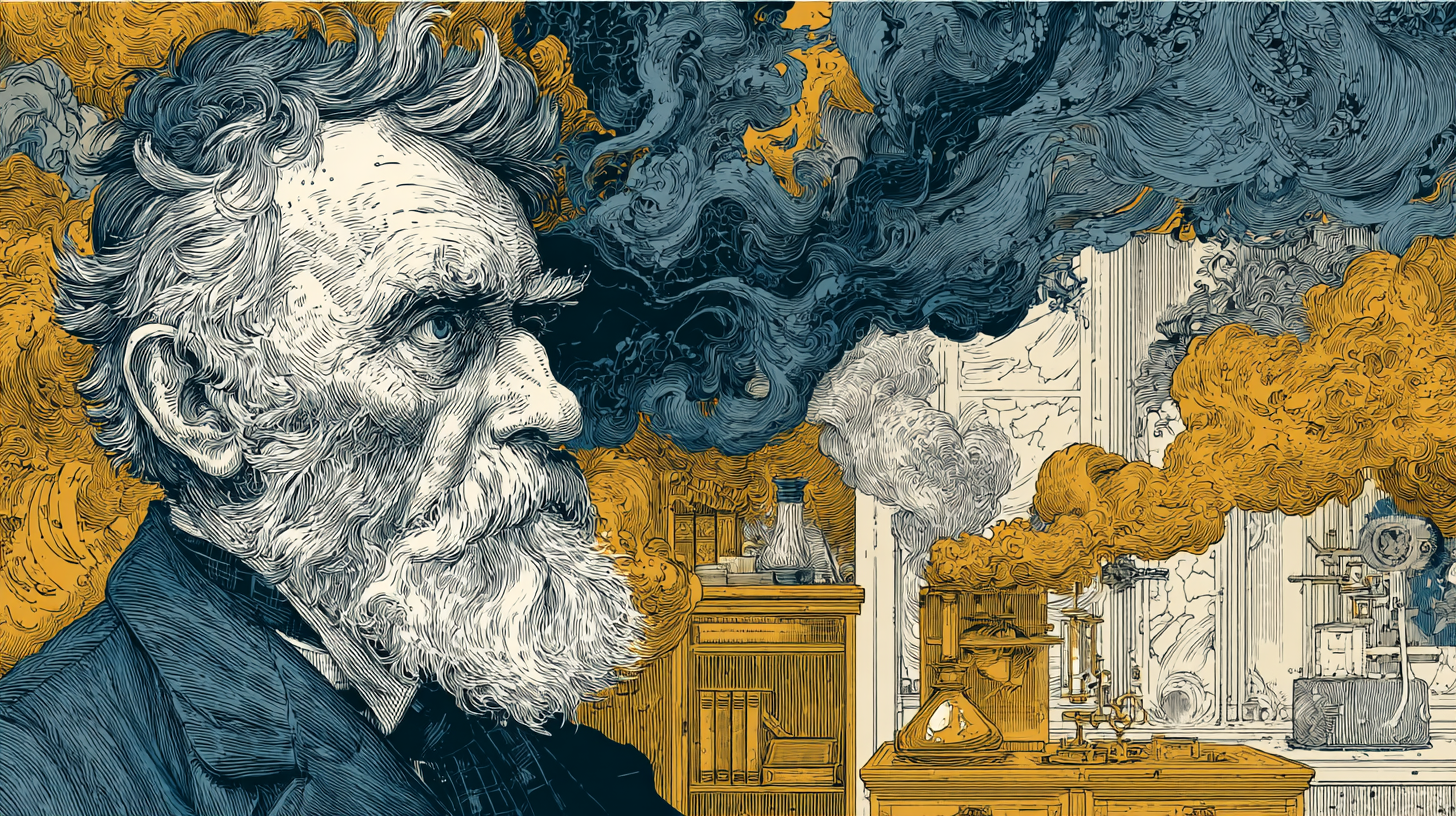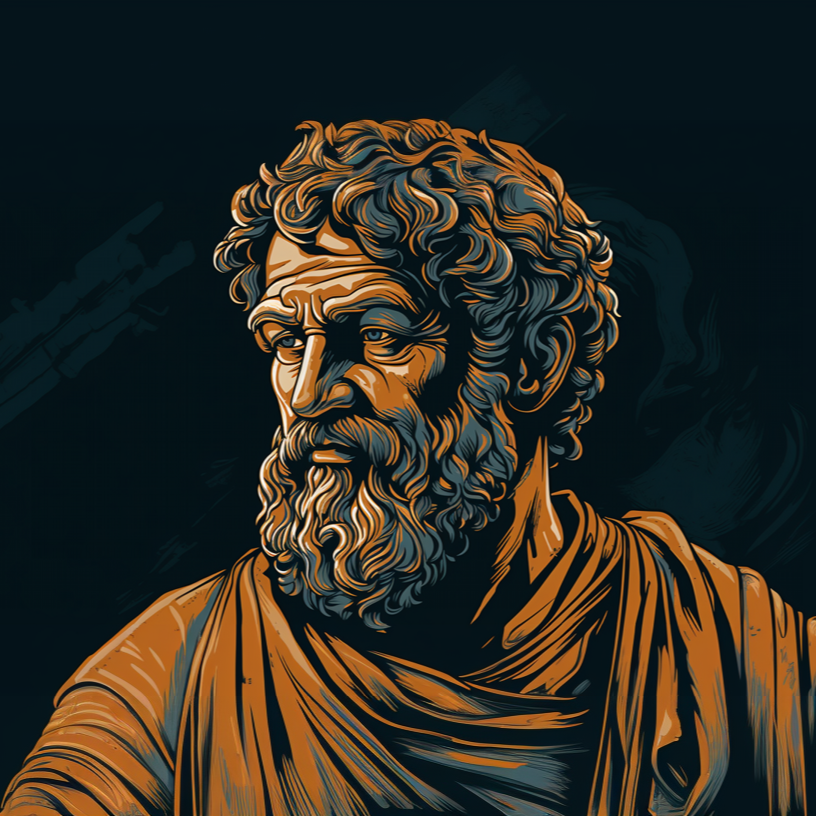The Sun Will Rise Tomorrow, Probably
If Hume is right, there is no necessary connection between the idea of one object in the world and another object in it: we can imagine a cold flame, or a stone that falls upward rather than downward. Perhaps, though, we simply need a good argument for why some objects will probably cause others. After all, even if we can imagine a cold flame or even actually experience one, we could still argue that flames will probably cause heat rather than cold.
However, Hume has essentially given us two major arguments—one to show that causal relationships are not known as relations of ideas, and another to show that they are not known as matters of fact. Notice that both arguments share a similar first premise.
Argument 1: Causation vs. Relations of Ideas
Premise 1: If causal relations are known as relations of ideas, then we are justified in believing that one thing caused another by demonstrating a necessary connection between cause and effect
Premise 2: We can always imagine one event happening without another happening afterwards
Premise 3: If we can always imagine one event happening without another happening afterwards, then we are not justified in believing that one thing caused another by demonstrating a necessary connection between cause and effect
Conclusion 1: Therefore, we are not justified in believing that one thing caused another by demonstrating a necessary connection between cause and effect
Conclusion 2: Therefore, causal relationships are not known as relations of ideas
Argument 2: Causation vs. Matters of Fact
Premise 1: If causal relations are known as matters of fact, then believing that one thing caused another is justified by perceiving these relations or remembering these relations
Premise 2: We do not perceive causal relations—we only perceive one event happening after another
Premise 3: If we do not perceive causal relations, then believing that one thing caused another is not justified by perceiving causal relations
Conclusion 1: Believing that one thing caused another is not justified by perceiving causal relations
Premise 4: We do not remember causal relations—we only remember one event happening after another
Premise 5: If we do not remember causal relations, then believing that one thing caused another is not justified by remembering causal relations
Conclusion 2: Believing that one thing caused another is not justified by remembering causal relations
Conclusion 3: Therefore, causal relationships are not known as matters of fact
In this second argument, Hume considers whether we can use our past experiences of a consistent connection between two events to prove that one will probably cause the other. Hume argues that past experience and memory do not reveal causal relations to us. He also adds that we cannot simply assume that the past will resemble the future, because such reasoning “must be evidently going in a circle, and taking that for granted, which is the very point in question.” (Section 4, Paragraph 30). This is because such reasoning makes sense only if we assume “…that the future will resemble the past, and that similar powers will be conjoined with similar sensible qualities” (Section 4, Paragraph 32). The problem with this assumption is that it is precisely what we are trying to prove! If we assume that the past will resemble the future, we are simply assuming that there are predictable causal relationships between different types of objects and events.
At this point, we seem to face a startling conclusion: we do not have any knowledge of causal relationships! At the very least, we face the problem of explaining how such knowledge is possible. One version of this problem has been referred to as the problem of induction in contemporary philosophy.













